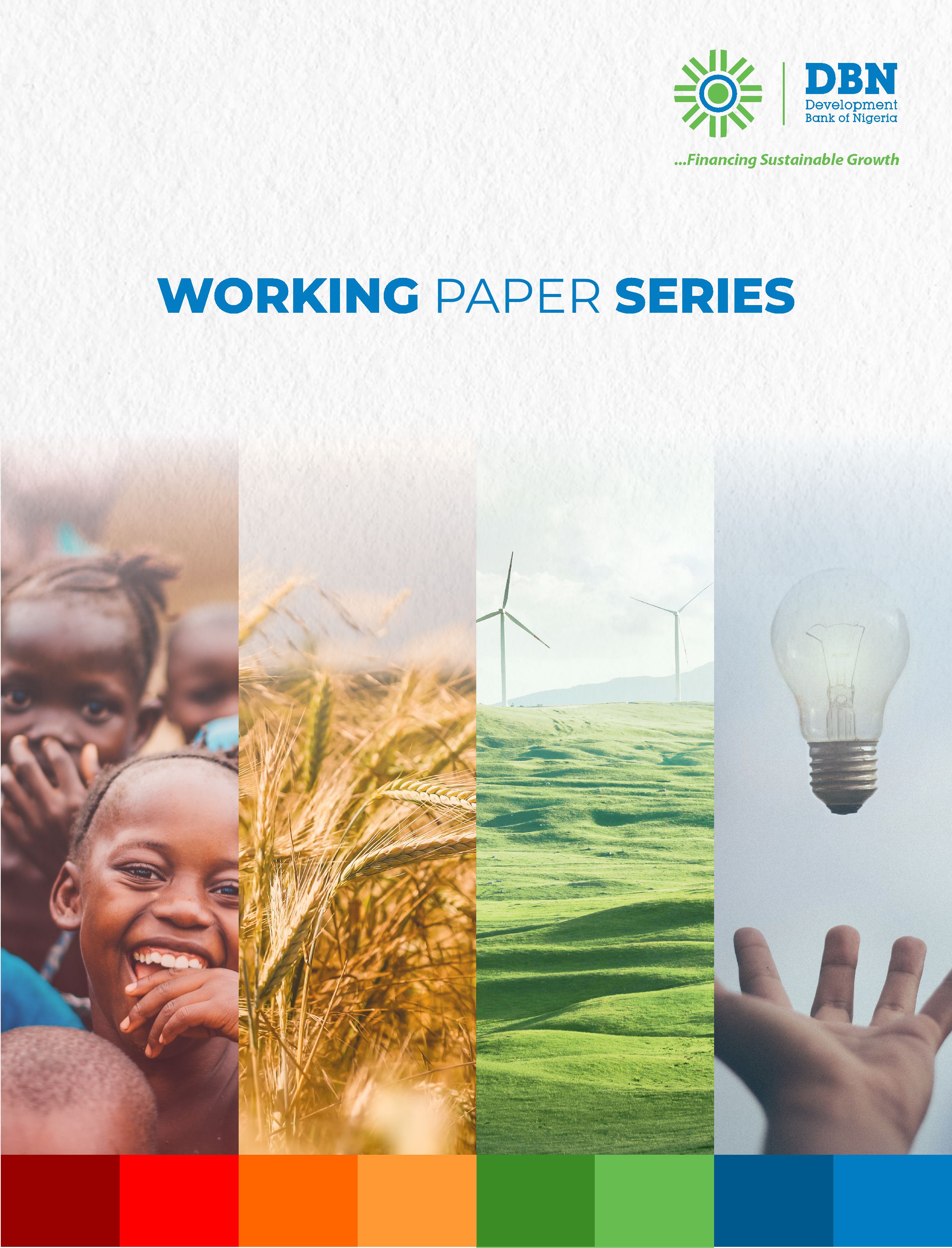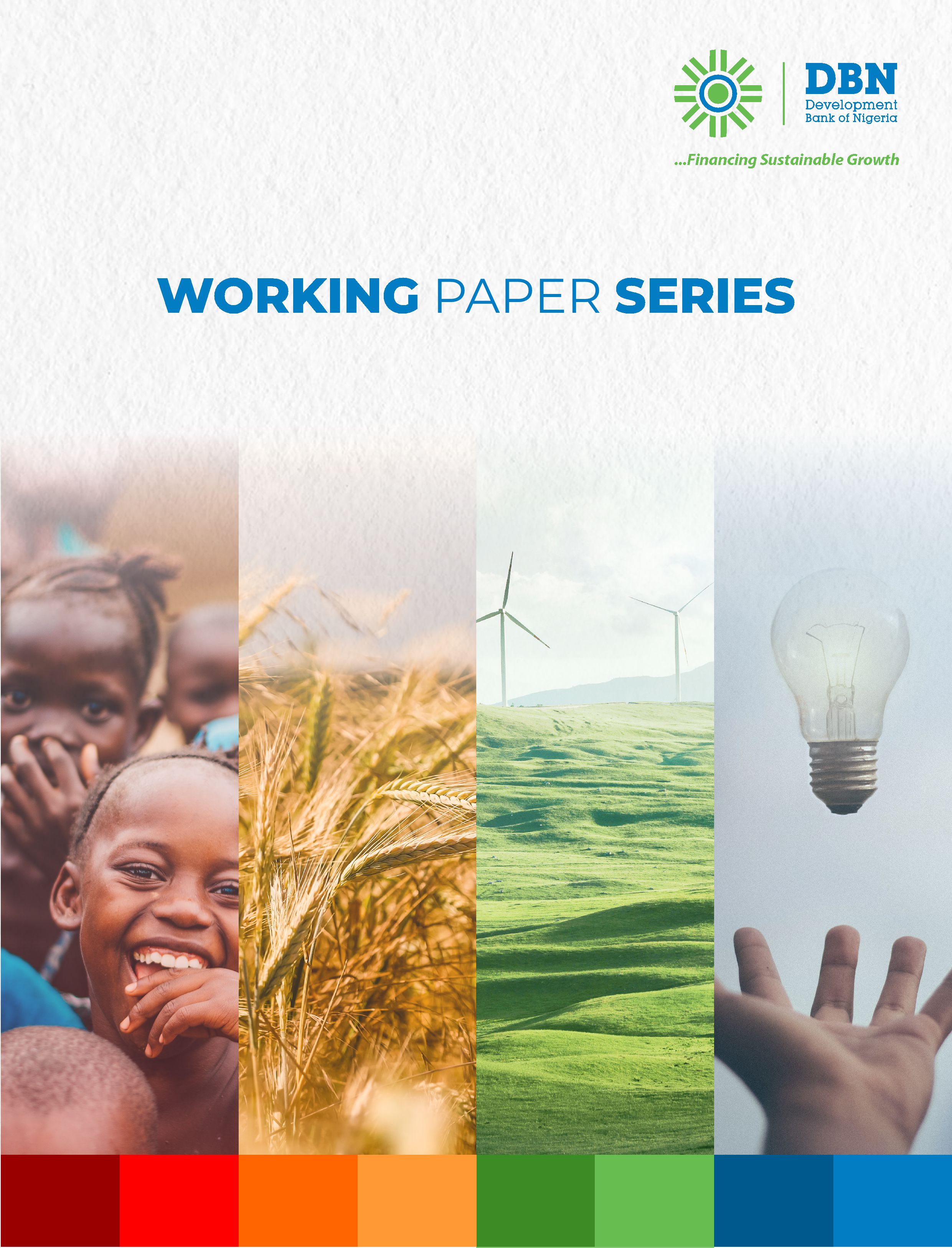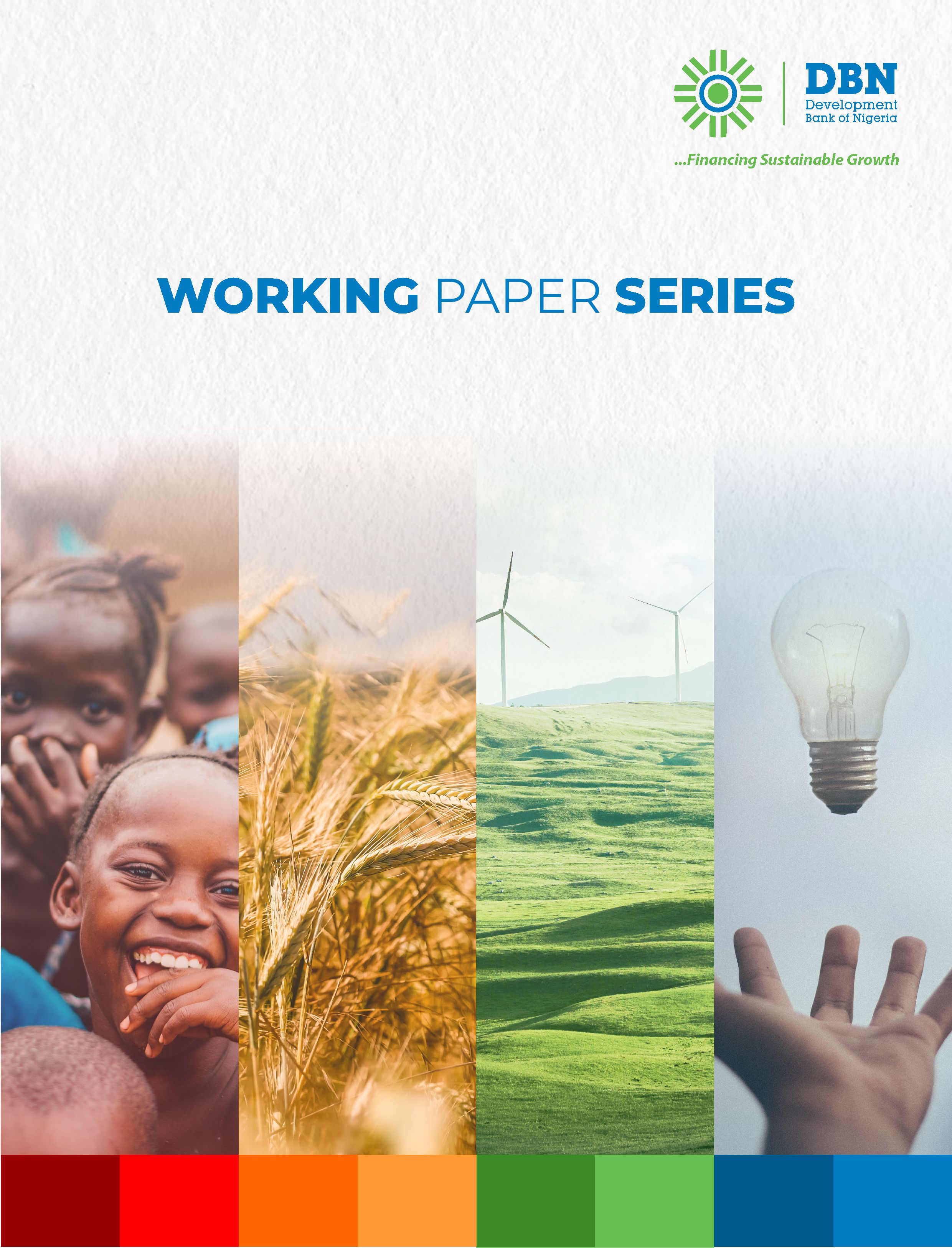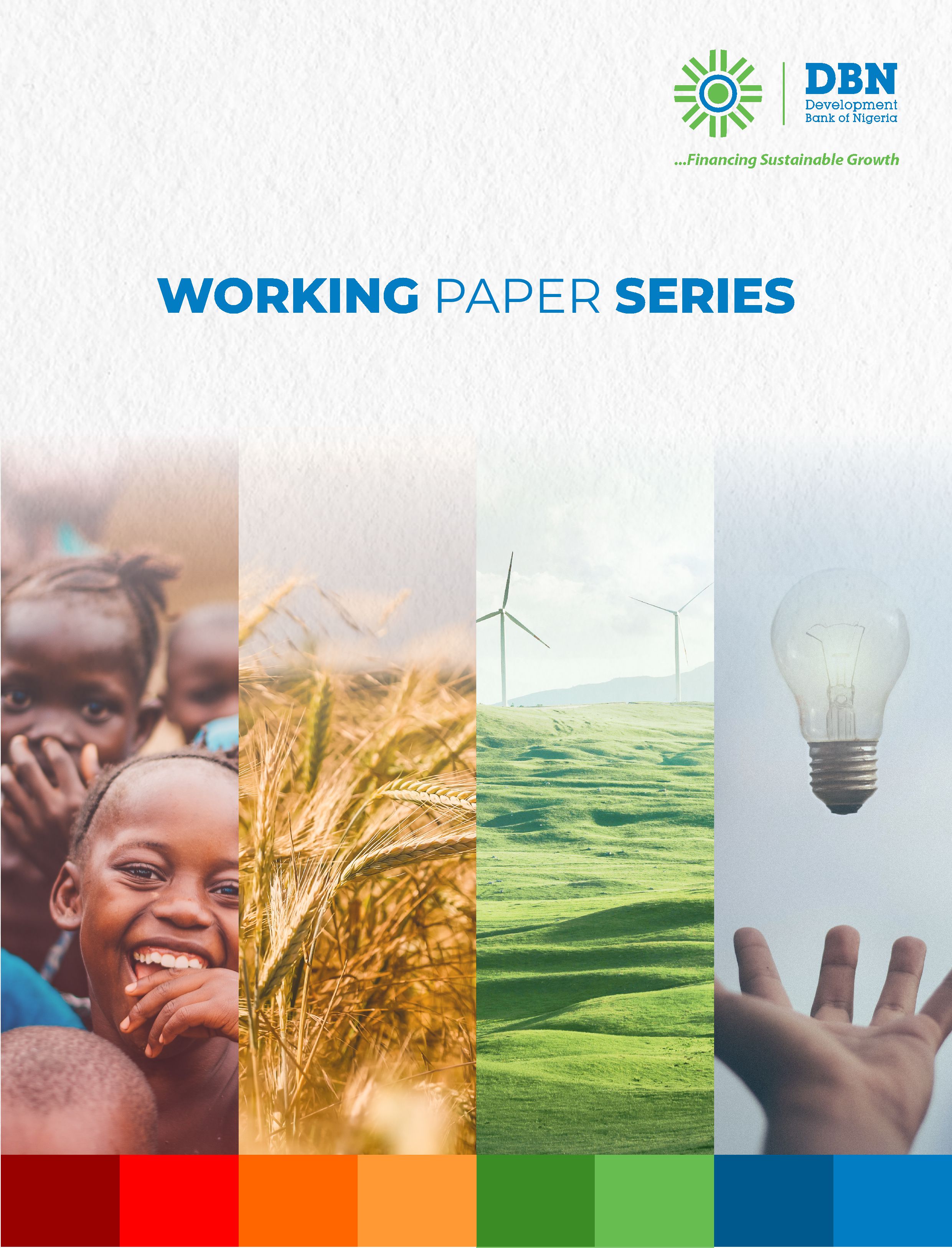
Publication Information
Published by: Admin
Published: 1 month ago
View: 27
Pages: 57
ISBN: 1
Abstract
The present
study complements the extant literature by assessing the impact of financial
innovation on wellbeing, contingent on the role of state capacity in Africa.
Two dimensions of well-being are employed: objective well-being and subjective
well-being. The study uses a sample of 28
African countries during the period 2004-2020. The empirical evidence is based on
the Lewbel (2012) method, which unlike other methods based on
instrumental variables, creates instruments by exploiting variations in the
moments of the endogenous explanatory variable. The main finding is that
financial innovation increases wellbeing while state capacity dampens the
underlying positive effect. The findings are broadly robust to inter alia,
IV/GMM, LIML (i.e., which combines OLS and 2SLS), Driscoll-Kraay, quantile
regressions methods. The findings also robust to the use of sub-indices of
state capacity. The findings are contingent on income levels and regions: (i)
both financial innovation and state capacity are ineffective (effective) in Northern
Africa and Southern Africa (Central and Western Africa) while (ii) only
financial innovation is effective in lower-middle
income, East Africa, low income countries and upper middle-income
countries. Policy implications are
discussed.
Related Publications

VOLUME 8 ISSUE 3 2025
Does financial inclusion increase participation in global value chains? Evidence from African countries

VOLUME 8 ISSUE 3 2025
Optimising the Distributed Telecoms Asset Maintenance Practice using Blockchain and Digital Twin technologies

